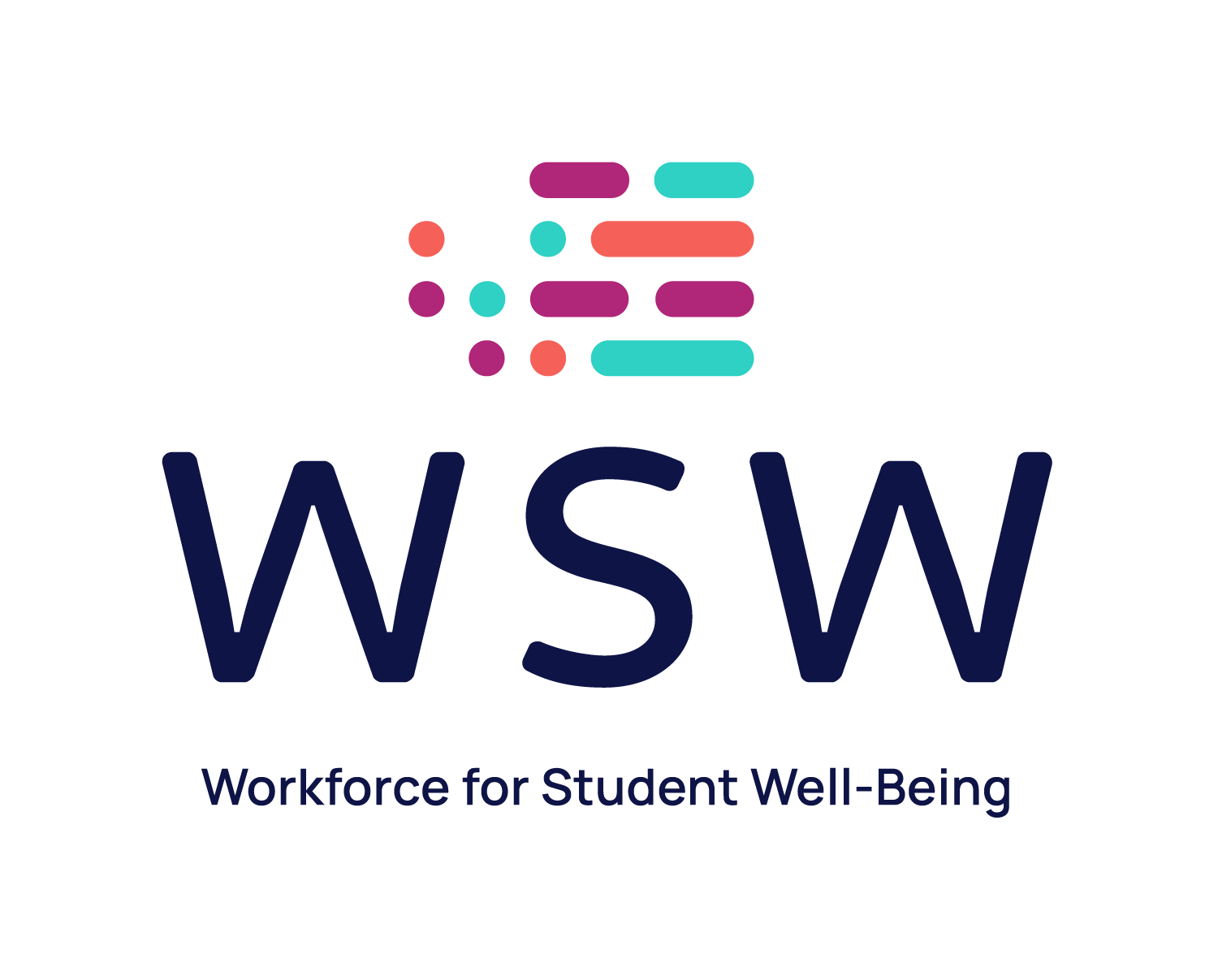Post-Graduation Loan Repayment Requirements
WSW graduates are required to work for two years in a high-needs local education agency as a school social worker.
According to a 2015 survey of Washington School Social Workers, only 34% worked under the job title ‘School Social Worker’. While we, at the WSW, feel it is vital for role definition and advocacy efforts to increase the number of School Social Workers operating under the School Social Work job title- we understand that the current employment landscape has school social workers under varied roles. The following list includes all acceptable job titles at high-need LEAs that meet the criteria for loan repayment.
If a WSW graduate is pursuing a school social position with a job title not on this list, please fill out the form on the following link to request consideration for the position. WSW graduates will need to submit a job description, and job title as well as answer other relevant questions. The WSW Leadership Team considers each request in light of RCW 28A.410.044 definition of school social work and the National School Social Work Model.
Acceptable job titles for post-graduates to fulfill the scholarship requirements are as follows:
- School Social Worker
- PBIS Coordinator
- Behavior Intervention Specialist
- Family Resource Specialist
- Counselor
- Truancy Specialist
- District McKinney-Vento Liaison
- Mental Health Case Manager
- Mental Health Liaison
- Mental Health Case Manager
- Mental Health Specialist
- Intervention Specialist
- Student Success Coach
- Student Assistance Specialist
- Student Resource Specialist
- Family Advocate
- Community Resource Specialist
- Intervention/Alcohol & Drug Specialist
- ESD Roles: MTSS/PBIS/ISF Positions, MASH Program
- School Behavioral Health Navigator
- School Behavioral Health Advocate


